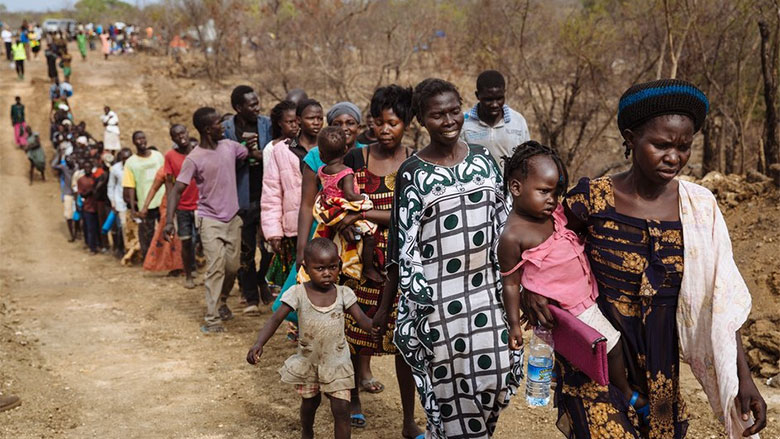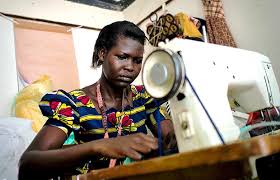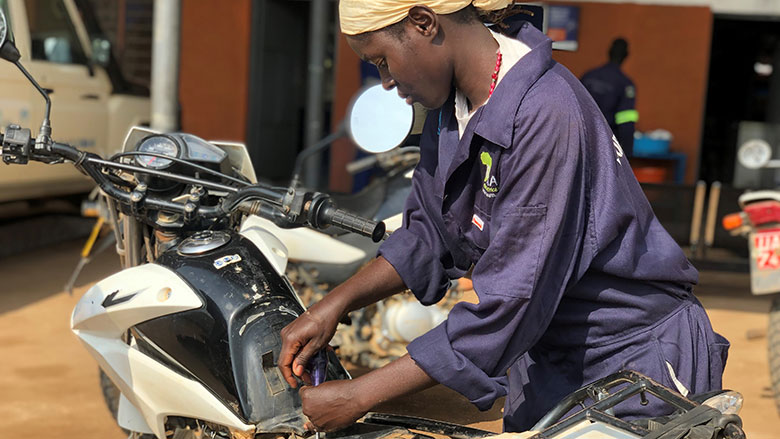The Government of Ireland today completed the airlifting of essential relief items worth €500,000 (more than 2 billion UGX) to support South Sudanese refugees in Uganda. This critically needed assistance includes blankets, shelter construction materials, cooking sets and mosquito nets.
Irish Aid, the Irish Government’s programme for overseas development, covered the costs of two separate airlifts to Uganda – one from Dubai on the 11th of June and another one from Accra today. The UN Refugee Agency, UNHCR, received the supplies at Entebbe International Airport and will distribute them to South Sudanese refugees in Uganda’s districts of Arua and Lamwo.
This support comes at a critical time, with around 2,000 South Sudanese refugees arriving in Uganda daily since July 2016, when a new conflict erupted in Juba and quickly spread to other parts of the country. The fighting has continued to drive people from their homes across the border into Uganda, which now hosts more than 1.2 million refugees – 960,000 from South Sudan alone. Despite the pressure of this unprecedented influx, Uganda has maintained its refugee welcoming policy, keeping its borders open and continuing to provide refugees with land, shelter, freedom of movement and access to services.
The people of Ireland have continued to offer support to the South Sudanese refugees in Uganda, and have provided €3 million in lifesaving assistance in 2016, including €1,114,000 to UNHCR.
“We are so grateful to the Irish people for showing solidarity with refugees,” says Bornwell Kantande, UNHCR Representative in Uganda. “Such display of generosity clearly signals that Ireland stands with Uganda and the communities who have opened their doors and hearts to men, women and children fleeing conflict and violence in their home countries.”
In September 2016, the UN General Assembly adopted the New York Declaration, whereby 193 states pledged robust support to countries affected by large movements of refugees and migrants. “We hope more countries will follow the example of Ireland and will join forces to support Uganda’s progressive refugee model,” says Kantande.





























